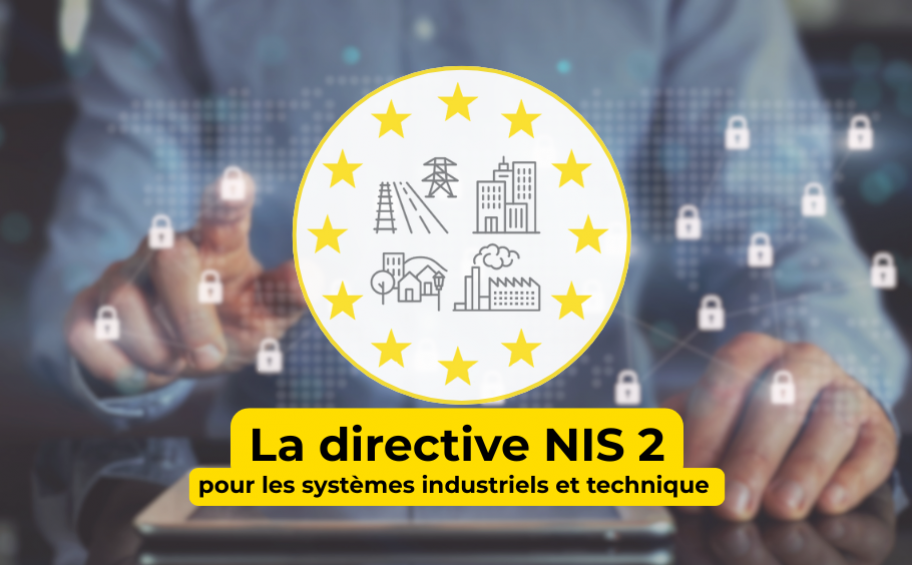As director Cédric Pasquier points out, “the NIS 2 directive could drastically change the way the notion of cybersecurity is adopted by economic players”. By increasing the number of companies involved from 500 to 15,000, NIS 2 democratizes cybersecurity and makes it an imperative for a wide range of business sectors, from public administration and postal services to energy and healthcare.
“Industrial and technical systems [...] are found almost everywhere, targeted by an increasingly large proportion of attacks,” pointed out Digital Offerings Development Director Jocelyn Zindy. The NIS 2 directive responds to this growing vulnerability by imposing concrete measures on companies:
-
Risk assessment and management : A detailed analysis of threats is needed to adapt protection measures.
-
Enhanced security measures : Robust technical and organizational solutions are vital to protect industrial systems.
-
Supplier management : Securing the supply chain is key to limiting the risk of intrusion.
-
Incident reporting : An effective incident reporting system must be implemented.
-
Cooperation and information sharing : Cooperation between industry players is encouraged in order to better anticipate threats.
“NIS 2 strengthens and aligns security measures across the European Union,” explained Industrial Systems Cybersecurity Business Manager Jean Schnoebelen, in the face of a growing cyber threat. Managers' responsibility is clearly engaged, and failure to comply with obligations can result in significant financial penalties.
Companies must take a proactive approach to meet these new challenges :
-
Conduct a security audit to assess their level of maturity
-
Define a cybersecurity strategy tailored to their needs
-
Set up efficient organization and governance
-
Raise awareness and train staff
The NIS 2 directive is a major challenge, but also an opportunity for companies to strengthen their resilience and competitiveness.
To support its customers in this process, Eiffage Énergie Systèmes is offering a comprehensive white paper on the NIS 2 directive and its implications for industrial and technical systems.

